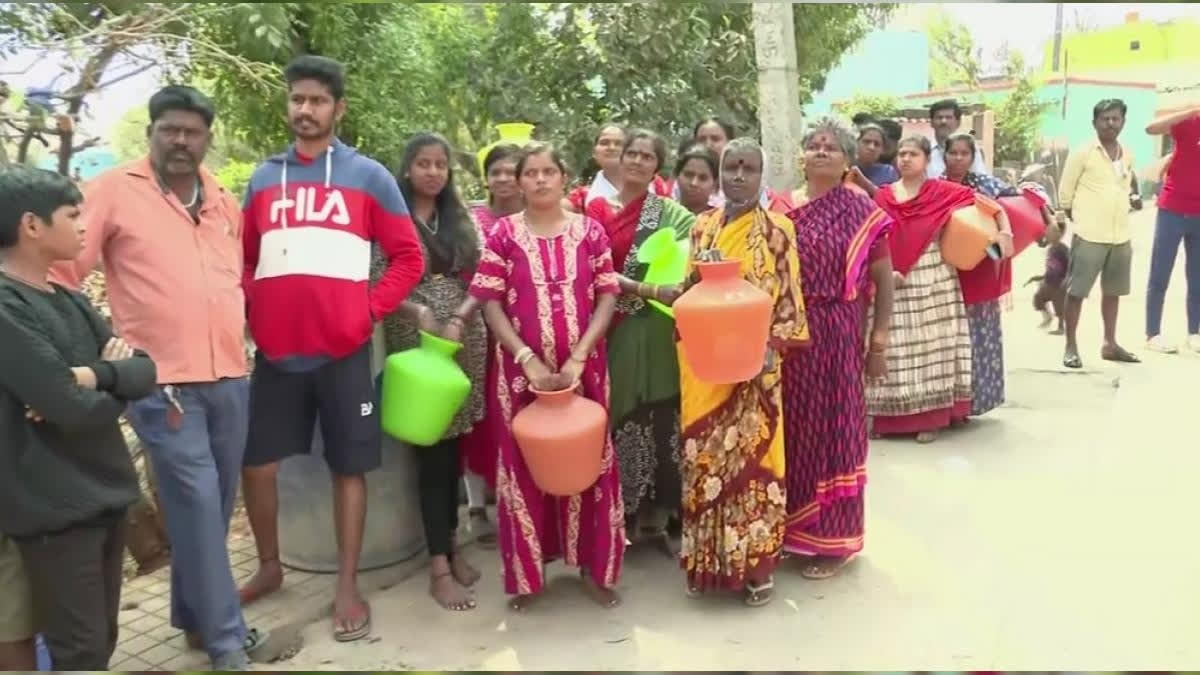Bengaluru: With summer approaching and water scarcity concerns rising, the Bangalore Water Supply and Sewerage Board (BWSSB) has imposed strict restrictions on the use of potable water. Drinking water can no longer be used for non-essential purposes such as washing vehicles, gardening, construction, fountains, and road cleaning. Violators will face a fine of Rs 5,000, with an additional Rs 500 penalty per day for repeat offences.
The directive, issued under Sections 33 and 34 of the Bangalore Water Supply and Sewerage Act, 1964, aims to prevent wastage and ensure adequate water supply during the dry months. BWSSB Chairman Ram Prasath Manohar emphasised the urgency of water conservation and urged residents to shift from borewell water to Cauvery water connections, especially in areas facing severe groundwater depletion.
"Groundwater levels are declining at an alarming rate, particularly in outer areas like Mahadevapura and Whitefield. We need residents to transition to Cauvery water to prevent a severe crisis in the coming months," Manohar stated.
Bengaluru, with a population of over 1.4 crore, has been experiencing increasing water stress. A joint study by BWSSB and the Indian Institute of Science has identified 80 out of 198 wards at high risk of water scarcity. To address this, the Karnataka government has made it mandatory for apartment complexes to avail Cauvery water connections. However, the reluctance of some residents due to installation costs remains a challenge.
The Cauvery Water Supply Scheme, currently operating in four stages with a total capacity of 1,440 MLD, has been expanded with the upcoming completion of Stage V. This Rs 4,336-crore project, funded in partnership with the Japan International Cooperation Agency (JICA), will provide an additional 775 MLD of treated water to 110 villages on Bengaluru’s outskirts. Despite this, water shortages persist, with thousands of borewells in the city drying up and many apartment complexes relying on expensive private tankers, which charge between Rs 1,500 and Rs 6,000 per load.
To curb further exploitation of water resources, BWSSB has introduced fixed pricing for tanker water, ranging from Rs 750 to Rs 1,200 for tankers carrying 6,000 to 12,000 litres over distances of 5 to 10 kilometres.
Authorities have urged residents to report water misuse by calling the BWSSB helpline at 1916. As Bengaluru braces for another dry season, officials stress that conservation and responsible usage are the only sustainable solutions to the city’s growing water crisis.



